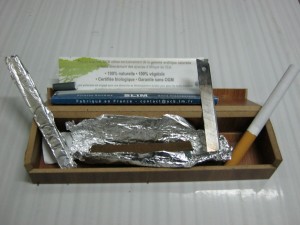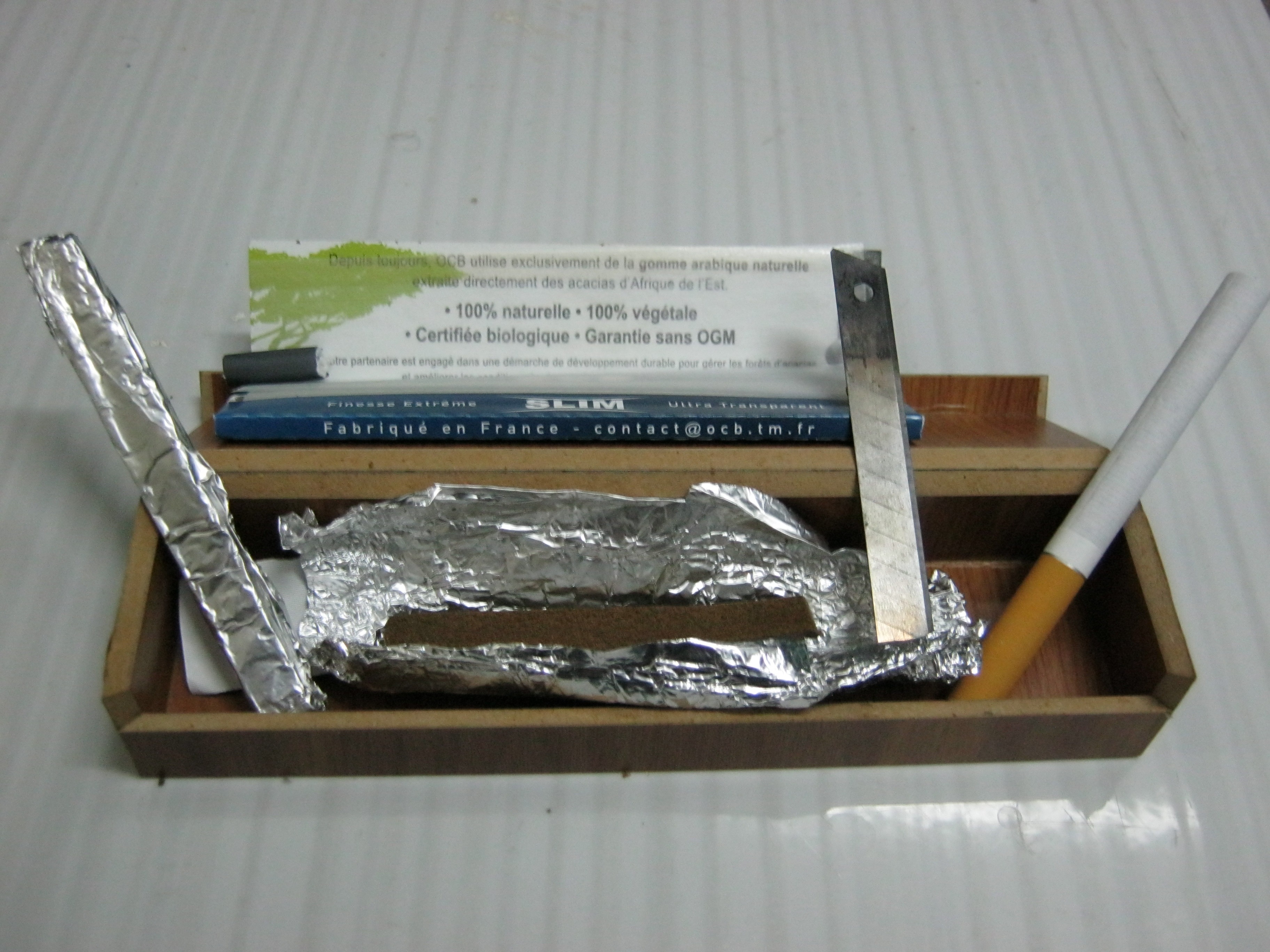
(DNE Photo)
By Marina Makary
The Drug Control and Addiction Treatment Fund strongly criticised the proposal submitted to the cabinet to legalise the hashish trade in Egypt on Sunday.
In response to the proposal produced by Osama Salama, head of the Cairo and Giza Tobacco Traders Association, the Ministry of Social Solidarity’s Drug Control and Addiction Treatment Fund released a statement on their official websiteexplaining that legalising hashish poses a serious threat to the Egyptian society, which is “safe by nature”. The statement claimed that the “consumption of hashish is a major factor in road accidents in Egypt” because it causes “lack of awareness to one’s surroundings”.
A survey conducted by the association stated that 86% of rapists and more than 23% of murderers are hashish consumers.
“The call to legalise hashish in Egypt is a joke,” said Mahmoud Saleh, a researcher at the Drug Control and Addiction Treatment Fund. Saleh argued that the proposal is dangerous to society and will be taken very seriously. “We will seek a legal response,” he said.
He stressed that hashish is a “serious threat to Egyptian national security”, referring to the fatal school bus accident in Beheira in 2014, which resulted in the death of 18 students, where the bus driver was under the influence of (non-specified) drugs.
On the other hand, a hashish consumer, who requested anonymity, said that “prohibition is not working and people already smoke hash”. Therefore, legalising it would improve its quality, making it “less harmless”, and would also “diversify the sources of income in Egypt”. He added: “There’s a huge misconception that hash leads to aggressive attitude.”
In response to the statistics that claim that hashish plays a major role in committing criminal acts, such as murder and rape, the source said that “it can be heroine or Tramadol, not hashish”. He added that several European countries have legalised the drug, so “it can be legalised and controlled by the government”.
Another hash consumer, who also preferred anonymity for her safety, echoed the previous statements, adding that the highest result one can get from smoking hashish is being “light-headed and sometimes paranoid”. She stressed that hashish is harmless and “is not addictive”.
Salama’s proposal said that legalising the hashish trade could contribute effectively in decreasing the national budget deficit of Egypt within a few years, compared to other economic methods. Salama highlighted the rule, “the forbidden is desirable…and the desirable is forbidden”, therefore explaining that if hashish is available, its demand will be reduced. Salama added that despite the efforts of the Ministry of Interior to combat the spread of hashish consumption in Egypt, only 15% of it is being seized.
“If money is all that matters, we should legalise prostitution and arms trade as well,” Saleh retorted sarcastically, however.
Hashish has been illegal in Egypt since the country signed the League of Nations’ Geneva International Convention on Narcotic Control in 1925; however, illegal trade of the drug has been heavily widespread.



